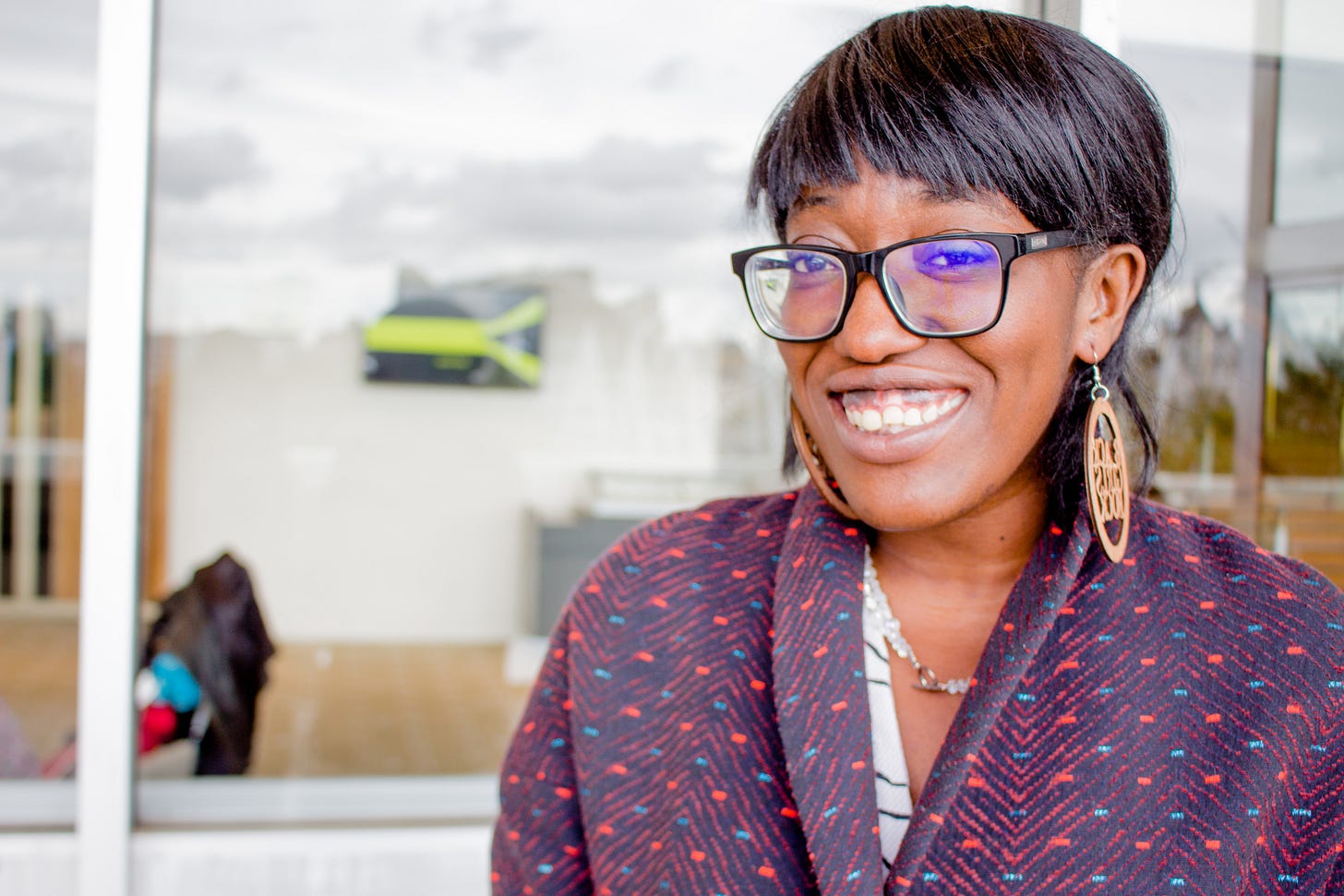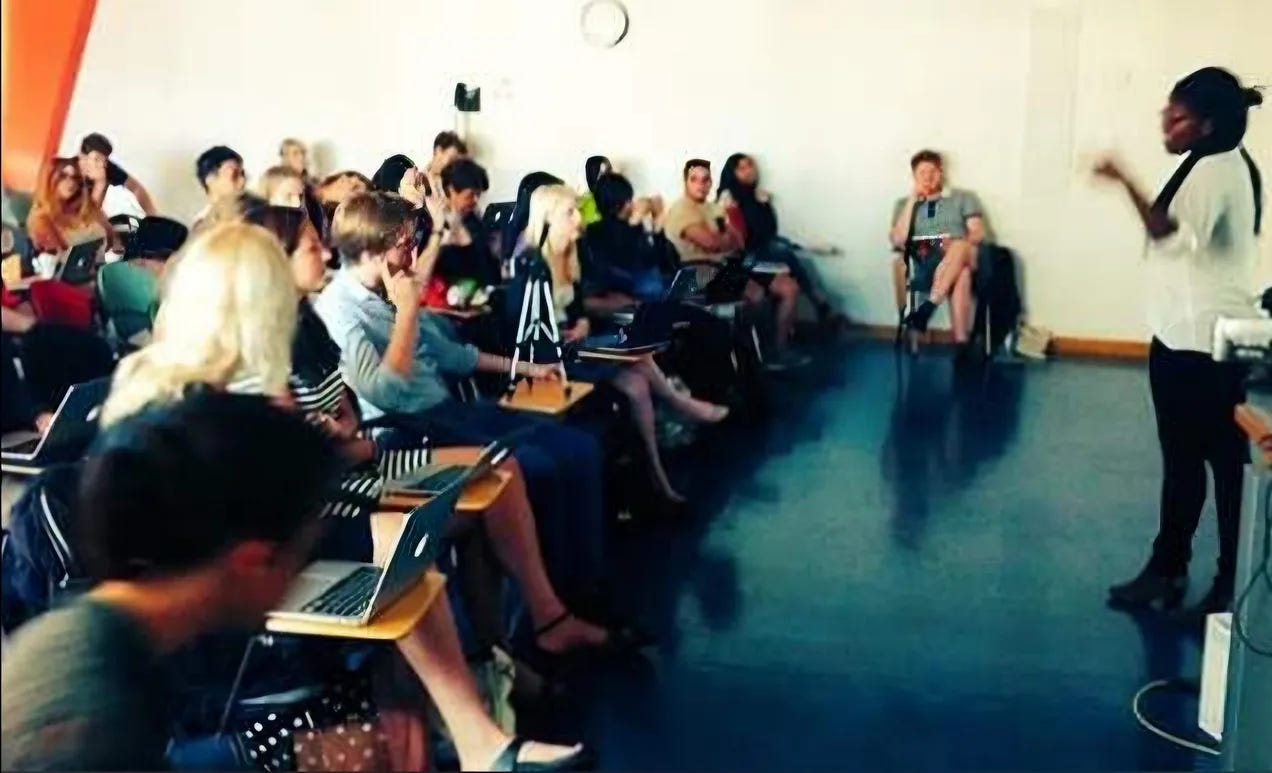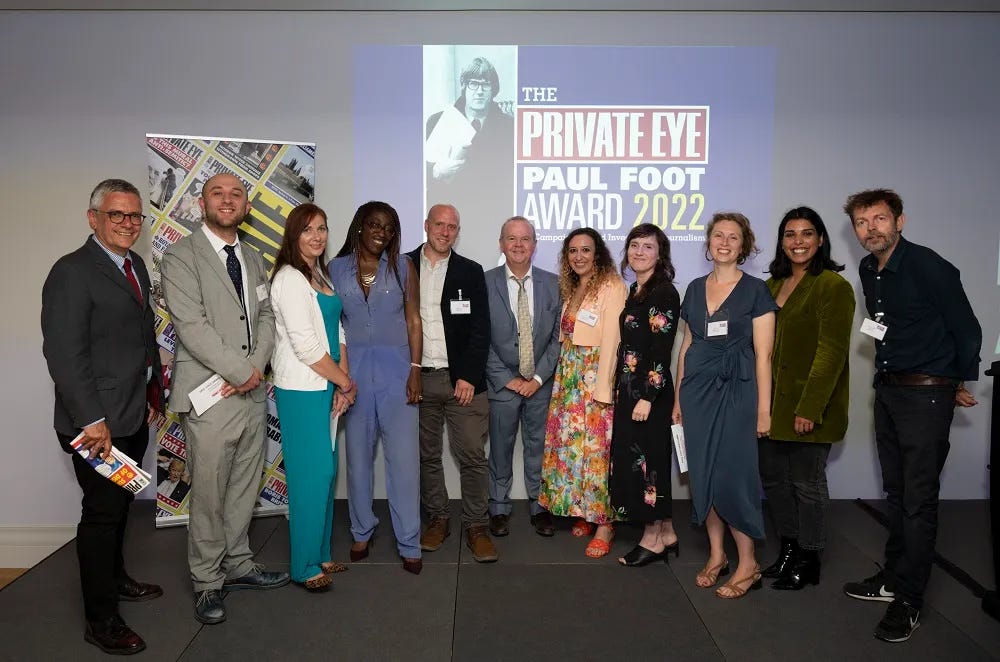Samantha Asumadu is a journalist and documentary filmmaker, whose work has appeared in leading publications including The Guardian, the Telegraph, New Statesman and Open Democracy. In 2022 she was a finalist for Private Eye’s Paul Foot Investigative and Campaigning Journalism Award and the Society of Editors, National Investigation of the Year.
She recently completed reporting for the documentary podcast series, Trapped: The IPP Prisoner Scandal, which was a finalist for the 2024 Sandford St Martin Awards
Samantha has been interviewed on BBC Radio 4 Woman’s hour, LBC, BBC World and other BBC programmes and has delivered guest journalism lectures at the London School of Economics, City University, and King’s College London.
She founded Media Diversified, (2013-2022) with a mission to challenge the homogeneity of voices in UK news media, through addressing the under-representation of marginalised communities. In 2015 she co-founded the Bare Lit Festival of writing.
Her decades-long commitment to grassroots activism has included campaigning for women’s representation in theatre, exposing child abuse by UN peacekeepers in war zones, advocating for media equity, challenging the Nationality and Borders Bill, addressing Imprisonment for Public Protection (IPP) sentences, highlighting cases of missing and murdered Black women and children in the UK, and raising awareness about sickle cell anemia.
She lived in East Africa from 2007, where she reported on acid attacks, conflict minerals in the Democratic Republic of Congo, and the 2010 Kampala terrorist bombings for international news platforms including CNN, Deutsche Welle, France 24 and AFP.
In 2009, she directed and co-produced her first documentary film for Al Jazeera English. The Super Ladies tells the story of three Ugandan women rally drivers and a race with a dramatic outcome.
In 2016 Samantha was a judge at the Editorial Intelligence UK Comment Awards and was on the advisory panel for the British Film Institute's Black Star Season.
In 2024 she co-founded TRAWL with award-winning director and producer Duncan Bulling. TRAWL is a TV and Audio Production partnership, focusing on the Criminal Justice System.
Stay up-to-date
You won’t have to worry about missing anything. Every new edition of the newsletter goes directly to your inbox






